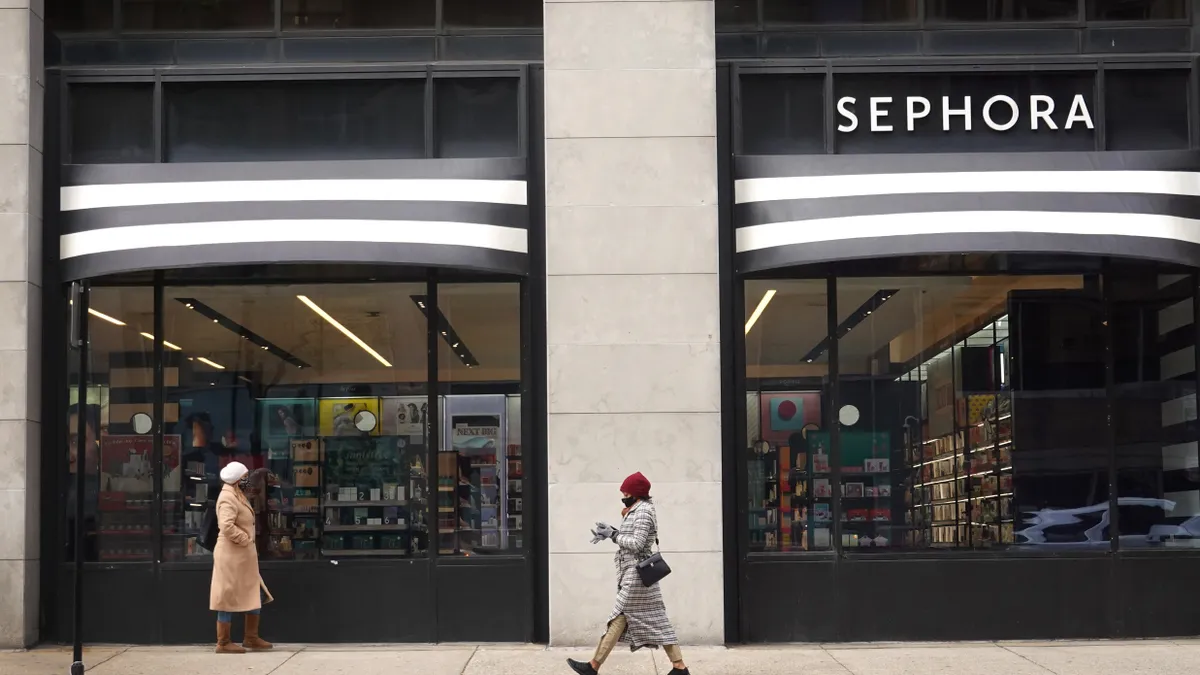A major player in the buy now, pay later industry is urging the Consumer Financial Protection Bureau to develop regulations specific to BNPL to avoid confusing companies and consumers.
The BNPL provider Affirm submitted a letter to the CFPB on Friday outlining its opposition to a proposal by the bureau to treat BNPL transactions like credit card loans.
The bureau's proposed rules would give consumers who use BNPL to pay for goods and services the same protections as credit card users. Under the interpretive rules, which were unveiled in May, BNPL lenders would be required to investigate consumer complaints, issue refunds when goods are returned or orders are canceled and provide statements similar to those provided to credit card users.
The CFPB is accepting comments on its proposal until Aug. 1. The interpretative rule, which would require BNPL providers to comply with certain aspects of the Truth in Lending Act, was set to be effective on Tuesday of this week.
Two trade groups, the American Fintech Council and the Financial Technology Association, sought in separate comment letters to delay implementation of the proposed CFPB rule, pointing out the complexities of complying with it. The FTA initially in June sought a 30-day extension of the comment period for the rule, and a 60-day extension of its effective date and then suggested in a follow-up letter this month that the effective date should be Oct. 1 of next year. In its letter this month, the AFC requested that the CFPB not make the new rule effective until Jan. 1.
“The CFPB did not change the effective date because the interpretive rule conveys the CFPB’s reading of existing regulations,” a spokesperson for the federal agency said Monday.
When using buy now, pay later financing, a user can make a purchase and pay over time in a series of installments. The popularity of buy now, pay later transactions skyrocketed at the onset of the coronavirus pandemic. Affirm, which is based in San Francisco, is one of the biggest buy now, pay later providers, and competes with fintech companies like Klarna, Zip, Afterpay and Sezzle.
"While Affirm supports the adoption of consistent BNPL regulation by the Bureau, Affirm asserts consumers and the BNPL industry would be better served by BNPL-specific regulations designed for how consumers use BNPL products," the company’s letter reads. "Requiring BNPL providers to comply with rules designed for open-end credit cards creates compliance challenges and confusing outcomes for consumers."
Regulations that require credit card providers to make certain disclosures to their customers when they open an account are not relevant to the buy now, pay later industry, Affirm argues.
Affirm said it is concerned about the section of the interpretive rule requiring customers be provided with periodic statements.
The rule "does not explain how to apply this guidance to closed-end BNPL products," the letter says.
For example, a credit card statement provides the user's balance, but Affirm argues that each buy now, pay later loan is separate and the customer may not carry an ongoing balance.
"It is not clear what content BNPL providers must include in periodic statements, if any," the letter says
The company said that the disclosure it already provides when a consumer takes out a buy now, pay later loan is clear and transparent.
The CFPB argues that BNPL loans are similar to credit card transactions because those loans combined credit services and payment processing, while charging merchants transaction fees.
In its statement announcing the interpretive rule, CFPB Director Rohit Chopra said both credit card companies and buy now, pay later providers should be regulated.
“Whether a shopper swipes a credit card or uses Buy Now, Pay Later, they are entitled to important consumer protections under longstanding laws and regulations,” Chopra said in a statement when the interpretive rule was announced.
The CFPB did not immediately respond to a request for comment on Affirm's letter.














